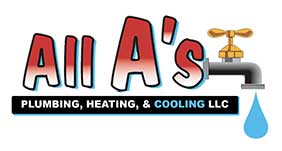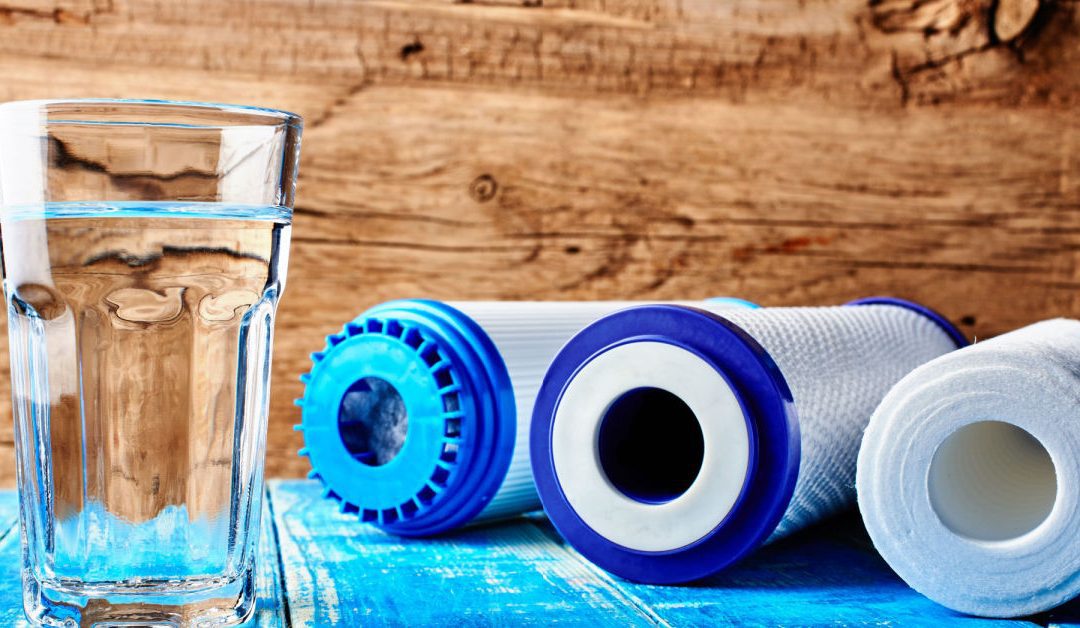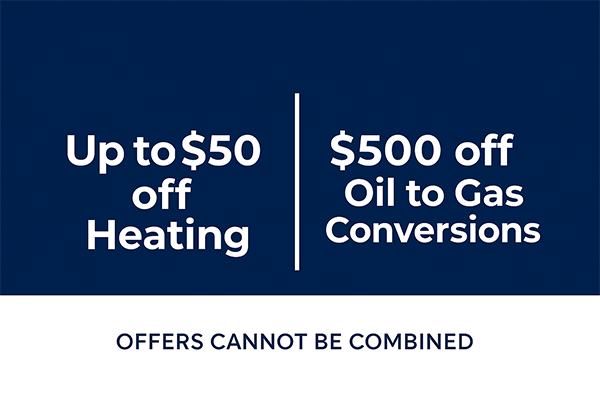Water Filtration System Basics
Contaminated water is a growing problem worldwide, including in the US. Water filtration systems can provide potable water, but there are different kinds of filtration, just as there are different kinds of contaminants. This essential guide covers common contaminants and types of filtration.
The water in your home could make you sick. The type of illness and how soon it comes differs depending on where you live and what kinds of contaminants are present in your local water. The combination of climate change and industrial pollution with aging infrastructure has resulted in dangerous levels of these toxins in drinking water.
A water filtration system — also called a water purifier — can filter out microbes and chemicals and provide you with clean, potable water.
Filters for Drinking Water
When you think of filters, the first thing that might come to mind is the coffee filter. The filters that you use to purify household water work on a similar principle. Just as coffee filters remove coffee grounds from the coffee you drink, water filters take harmful bacteria and chemicals out of your household water.
Unlike the paper filters used in coffeemakers, the filters for water use sand, charcoal, or resin. Water filters can be fridge mounted or mounted under a sink.
Common Contaminants
Perfluorinated Compounds (PFCs)
Consumers should use a filter to clean their filter if the water in their area contains PFCs. Because they can have important properties, like the ability to repel oil and water and being heat-resistant, PFCs are valuable for industrial processes and widely used. They have been found in the groundwater in many parts of the US, including Michigan, New Jersey, and North Carolina.
Lead
The metal lead was commonly used in plumbing — up to 1986 in the US — and is known to cause serious health problems. Adults who consume lead are known to have kidney issues and hypertension. Lead causes diminished intellectual performance in children and death.
Pesticides
The pesticide runoff from farming and lawns also threatens drinking water in many places. While pesticides vary in toxicity, many are persistent in the environment at relatively high levels.
An article published in Frontiers in Environmental Science shows contamination can even be found in bottled water.
Common Kinds of Filters
The filter you use depends on what you want to remove from your drinking water. How you determine which filter you need depends on what a test of your drinking water shows. Water testing kits are widely available online. In many places, you may be able to get one for free from the local municipal water supplier.
Activated Charcoal
Water filtered with activated charcoal is generally considered safer for consumption because potentially harmful compounds have been removed from it. Activated charcoal has tiny pores that allow water through but hold onto chemicals and microbes. These filters are effective but must be routinely replaced since they eventually fill up with the contaminants they filter.
Reverse Osmosis
A reverse osmosis filter system can remove potentially dangerous contaminants like lead and pesticides. Reverse osmosis filters use the process of osmosis to clean the water. In osmosis, water passes from a concentrated to a dilute solution through a membrane. The membranes in reverse osmosis filters through which water passes have a minimum pore size and can prevent protozoa and bacteria, including giardia and salmonella, from passing through with the water. These filters also work for chemicals like arsenic and nitrate.
Ion Exchange Filters
You can use an ion exchange filter to get heavy metals and microbes from your water. These filters use ion exchange resin, which has positively charged hydrogen ions that attract contaminants. Ion exchange filters also serve another purpose: they act as water softeners.
How To Choose The Best Water Filtration System
Filtering your water is the best way to remove common toxins and make household water safe for consumption. Many kinds of water filtration solutions are available in the marketplace to help with most kinds of contamination; however, when choosing which type of filter is right for your home or commercial building, various elements must be considered. This is why it is best to speak with a plumbing specialist. All A’s Plumbing can assist you in making the right choice with the proper installation.
Contact All A’s Plumbing & Heating today to keep yourself, your family, pets, business staff and all visitors safe from contaminated water.



Recent Comments